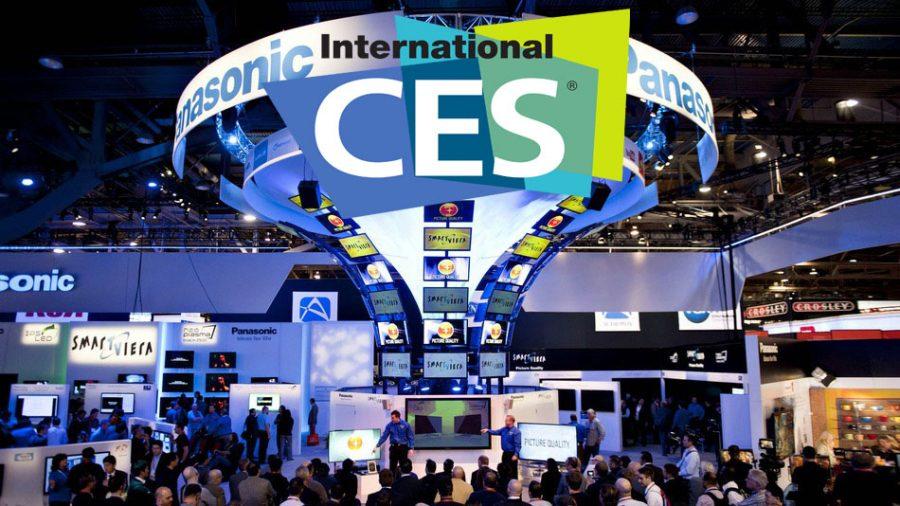CES 2024, held in Las Vegas, is renowned as a global benchmark for technological innovation. It has evolved into a platform for Chinese firms to showcase their global capabilities. As per data from CTA, out of over 4,000 exhibitors, 1,114 Chinese enterprises actively participated in this event.
Notably, automotive technologies such as autonomous driving, intelligent cockpits, and smart travel emerged as focal points at the exhibition. The automotive sector emphasized the display of various practical technologies while also highlighting industry trends like AI applications.
New Energy Vehicles — the fast growing industry of Chinese enterprises
The rise of New Energy Vehicles (NEVs) represents a significant growth opportunity for Chinese enterprises, driven by global technological innovation. China dominates NEV production, accounting for over 70% globally, with numerous brands rivalling Tesla’s cost performance. Notably, in the fourth quarter of 2023, Chinese automaker BYD surpassed Tesla in sales, claiming the top spot in electric vehicle sales.
This surge in China’s NEV industry, fueled by global technological innovation, is poised to challenge traditional automobile industries in Europe and the US. Starting in 2024, US-made electric vehicles with Chinese battery components will lose eligibility for tax credits under the US Inflation Reduction Act (IRA).
“Localization” has become a required course for Chinese automobile companies to globalize
In response to global economic uncertainties and political risks, Chinese auto companies are intensifying their overseas expansion efforts, focusing on localized production and operations to further their globalization agenda.
The concept of “Localization” has emerged as a pivotal aspect for Chinese auto companies aiming to expand globally. Unlike previous generations of companies, the primary concern for these new Chinese firms post-expansion is the establishment of local teams. The enhancement of localization capabilities is crucial for sustainable development in the face of deepening internationalization.
Taking NEVs as an illustration, the opportunities extend beyond sales to include overseas after-sales markets such as second-hand car trading and maintenance. “Localized talents” play a critical role in this scenario, as they possess insights into local markets and enable sustained business operations based on global corporate culture and systems.
Building global operational capabilities is the key
Building global operational capabilities hinges on talent localization and international talent training. Additionally, respecting cultural differences and meeting diversified needs are essential for establishing robust global operating capabilities.
A noteworthy example is Comrise, which aids leading logistics groups worldwide in enhancing their multinational talent acquisition capabilities. Comrise systematically analyzes international talent competency management to assist overseas companies in developing global management talent training and development systems.
About Comrise
At Comrise, we offer tailored solutions for the full-time, part-time, direct-hire, contract, and permanent talent that your business needs. For 39+ years, we have delighted our clients and candidates by focusing on customer satisfaction, innovation, and flexible workforce solutions!
If you’re looking for new job opportunities click here, or if you’re looking for a reliable partner to help you secure top-notch candidates for hard-to-fill roles, click here.




